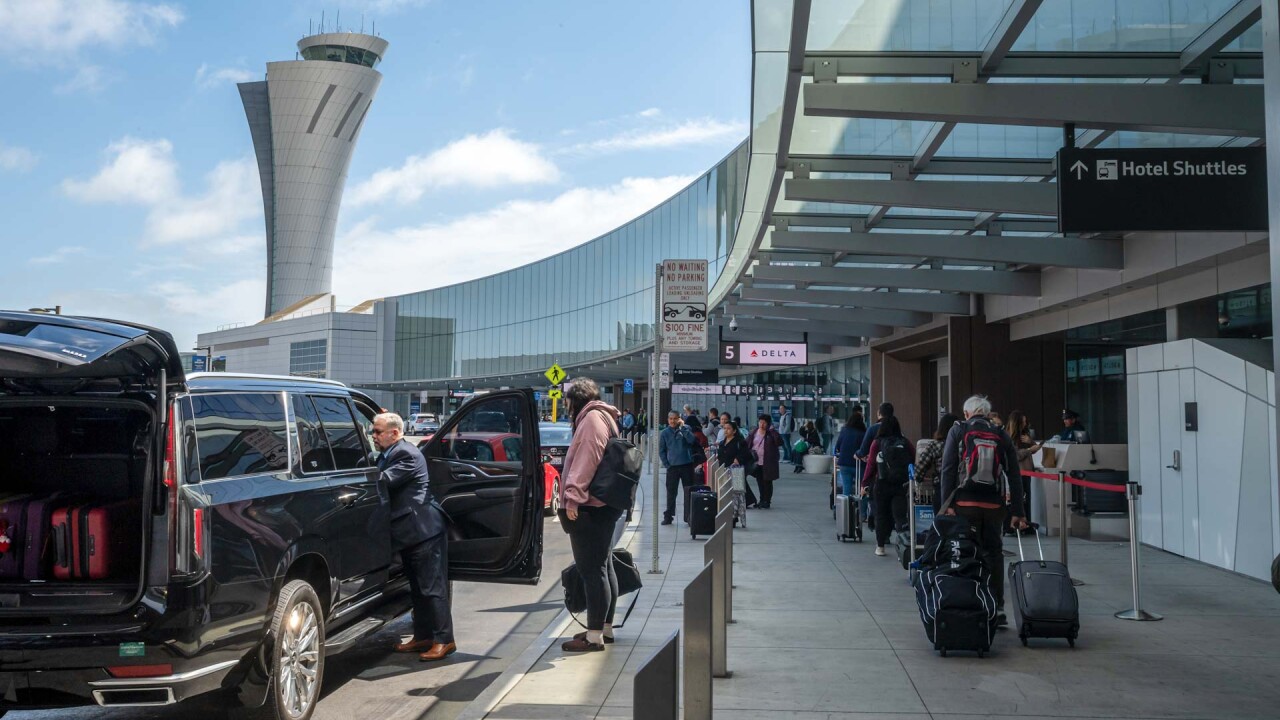WASHINGTON — The Virginia Department of Transportation yesterday said it will continue to evaluate the proposals of four separate groups seeking to enter into a deal to pay the state about $1 billion to take over and make improvements to the Dulles Toll Road in exchange for 50 years worth of toll revenue.
However, VDOT rejected a fifth proposal from Virginia Mobility Associates, which included Philadelphia-based Urban Engineers Inc., that offered as much $800 million to build new toll lanes on the Dulles Toll Road as well as other area roads and collect the toll revenue for at least 40 years.
The proposals were submitted under the state’s Public-Private Transportation Act of 1995, which allows VDOT to contract with private firms to build roads.
The Dulles Toll Road is a 14-mile, eight-lane road connecting Washington Dulles International Airport in the west to Interstate-495 and Interstate-66 in the east. The road is currently owned and run by VDOT, which in February raised the toll for the first time since the road was built in 1984.
The four proposals that remain under consideration include plans from Dulles Express, a team led by investor Franklin L. Haney; Dulles SmartLink, which includes of Transurban and Goldman, Sachs & Co.; the Dulles Corridor Mobility Consortium, led by Macquarie Infrastructure and Autostrade; and Cintra, led by Cintra US Corp. and Ferrovial Agroman SA.
“The proposals … would pay VDOT approximately $1 billion to operate, maintain and collect tolls on the Dulles Toll Road for 50 years,” state transportation agency said in a press release. “The groups propose capital improvements to the Dulles Toll Road roadways, structures, ramps and toll facilities.”
According to proposal documents submitted to the department by the Dulles Express team, their plan would yield $5.7 billion in total benefits to the state, including $717 million to help the state fund its share of constructing a Metrorail line to Dulles airport.
The next step in the process is for Virginia’s transportation secretary to appoint a panel over the next two months to further review the proposals.
The panel then would advance any of the projects it deems worthy to the Commonwealth Transportation Board, which chooses a project or projects to develop more detailed proposals.
However, it’s “ultimately the secretary’s decision” whether to go forward with a project or not, a VDOT spokeswoman said yesterday.
A final decision could come as soon as the fall of 2007, the spokeswoman said.





